Difficulties arise
The merger of administrative units changes the scale and structure of communes and wards, leading to many challenges in public asset management. Many headquarters do not have enough space and facilities for the increased number of staff after the merger. The large area and rugged mountains make asset management in remote areas difficult. Some headquarters such as the People's Committee of Ta Lai commune; Dong Giang school, Doan Ket commune; Nam Khao school, Tan Lap Kindergarten; the old headquarters of Bac Yen Forest Protection Department... have been proposed by the Department of Finance and the Department of Construction to be converted into public housing or accommodation. However, the implementation is still stuck due to the complicated regulations on public asset management.
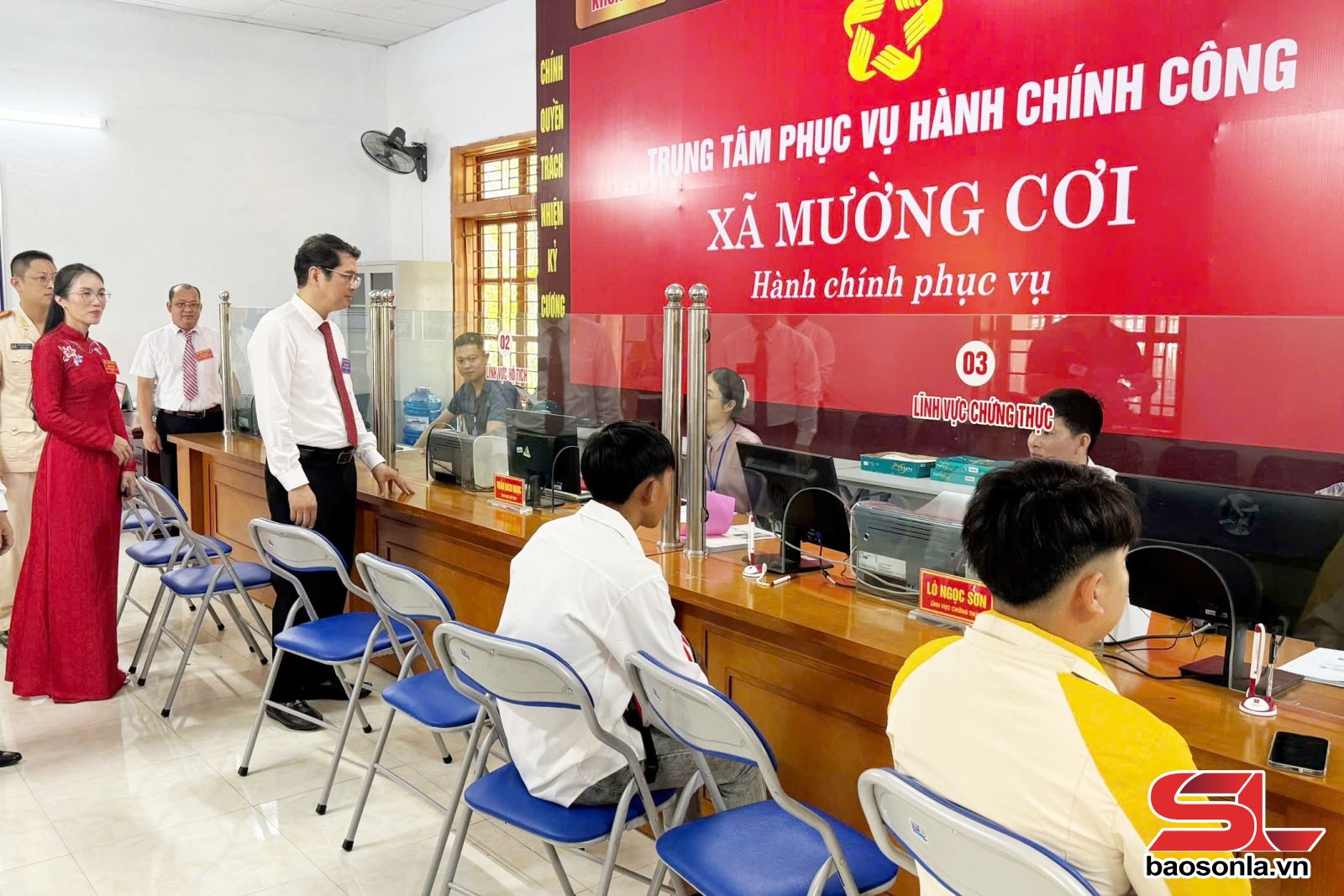
Chieng Hoa is a particularly disadvantaged commune in Region III, established from the merger of Chieng Hoa, Chieng Cong and Chieng An communes, with 65 cadres and civil servants. The headquarters is located in a 3-storey building of the old Chieng Hoa commune, with only enough space for about 30 people. Many cadres have to travel dozens of kilometers of mountain roads or take ferries to get to work, making the need to build official housing urgent.
Mr. Tran Nghia Hai, Head of the Party Building Committee of Chieng Hoa Commune, shared: My house is more than 20 km from the headquarters, I have to take a ferry, it takes nearly 2 hours to go back and forth every day. There is a lot of work, traveling is difficult, time-consuming and costly, so I often stay in the commune until the weekend. Due to the lack of public housing, I am staying at a household in the commune center.
Mr. Nguyen Van Nha, Standing Deputy Secretary of the Chieng Hoa Commune Party Committee, said: Since July 1, the commune has received the headquarters and assets according to the approved plan; the Public Administration Service Center has begun receiving and processing documents for the people. The commune has also renovated prefabricated houses as workplaces for officials and civil servants of specialized departments, but there is still a shortage. Currently, the commune is in dire need of additional investment in facilities and public housing to support officials, because most of them have to stay due to the distance and difficult transportation.
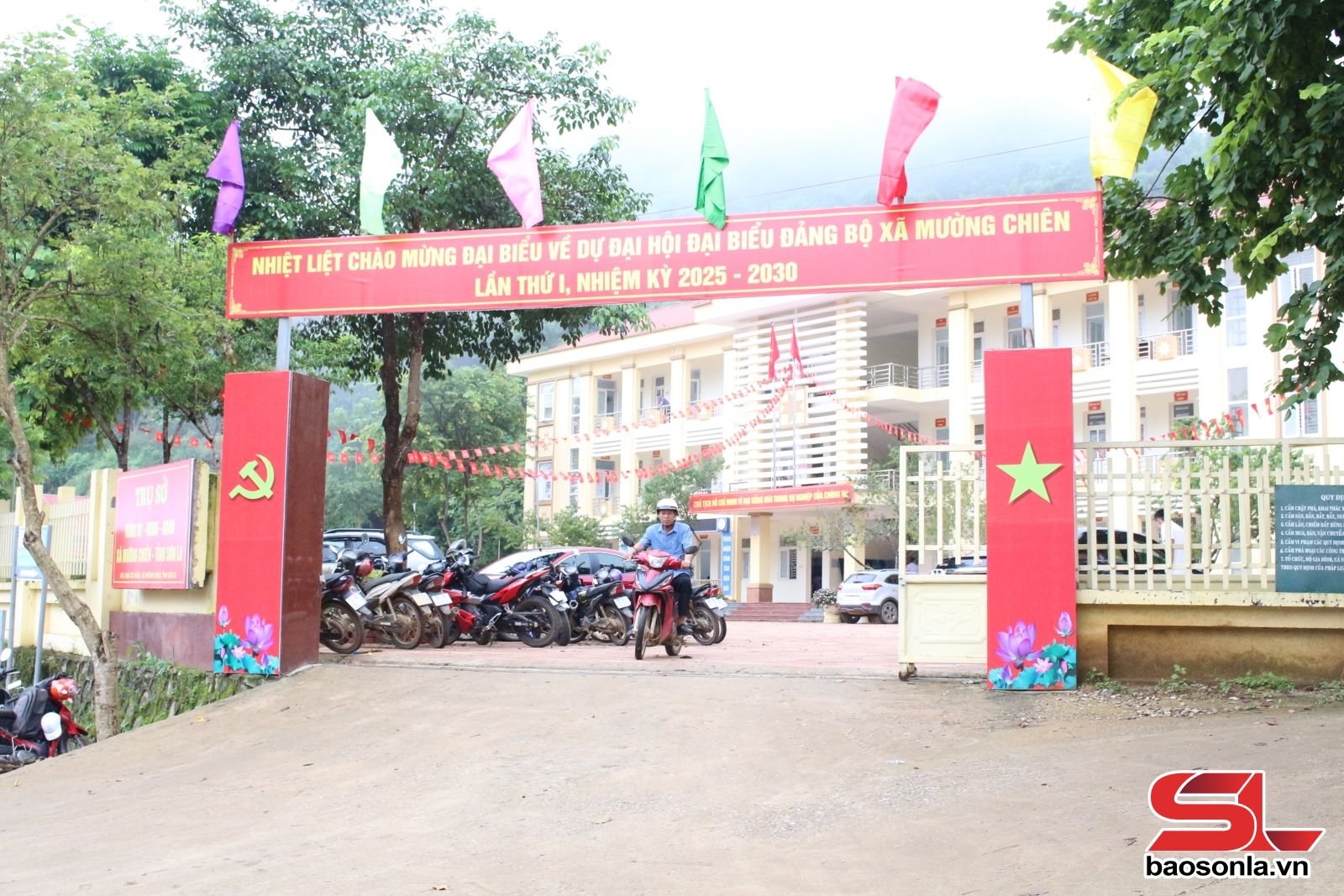
Similarly, Kim Bon commune is also facing difficulties. Although the headquarters and citizen reception points are reasonably arranged, most of the equipment is old and degraded. Mr. Ha Dinh Hung, Secretary of the Commune Party Committee, said: The headquarters and meeting hall do not meet the working needs of officials; there is a lack of public housing and clean water; outdated computers, unstable internet, substandard online meeting rooms; lack of storage and security cameras. The area is large, the traffic infrastructure is not synchronized, and citizen reception points are 15-20 km apart.
In addition, many other communes such as Muong Bam, Chieng So, Muong Gion, Xim Vang... also lack synchronous infrastructure; the public service network and equipment system do not meet the requirements, and need to be invested in, newly built or supplemented soon. Equipping public service vehicles for communes is also difficult due to the regulation that each commune is allowed a maximum of 2 vehicles. Currently, 69 vehicles have been handed over, but most of them have been fully depreciated and are no longer safe to travel in complex terrain.
Flexible processing, economical, efficient
In order to reorganize the commune-level administrative units, the Department of Finance has advised the Provincial People's Committee to issue decisions approving plans to transfer official vehicles, arrange offices and transfer assets to 75 new communes and wards. At the same time, it has coordinated with the Department of Construction to review and classify surplus assets. Up to now, communes and wards have fully received houses, land and accounting records according to the approved plan. A total of 192 facilities have been put into use, including 75 headquarters and 117 citizen reception facilities, contributing to promoting efficiency and avoiding waste of public assets.
Mr. Quang Van Dung, Deputy Director of the Department of Finance, said: To continue to solve the difficulties, the Department of Finance has proposed to coordinate with the Department of Construction to review the need for public housing, convert the function of unused headquarters and propose the Ministry of Finance to support funding for car purchases and infrastructure investment. Specifically, in 2025, 23 cars will be purchased (VND 32.2 billion); in the first 6 months of 2026, 35 cars will be purchased (VND 49 billion); in the last 6 months of 2026, 28 cars will be purchased (VND 39.2 billion). By 2026, each commune and ward will be guaranteed 2 cars, of which at least 1 car will be new according to regulations.
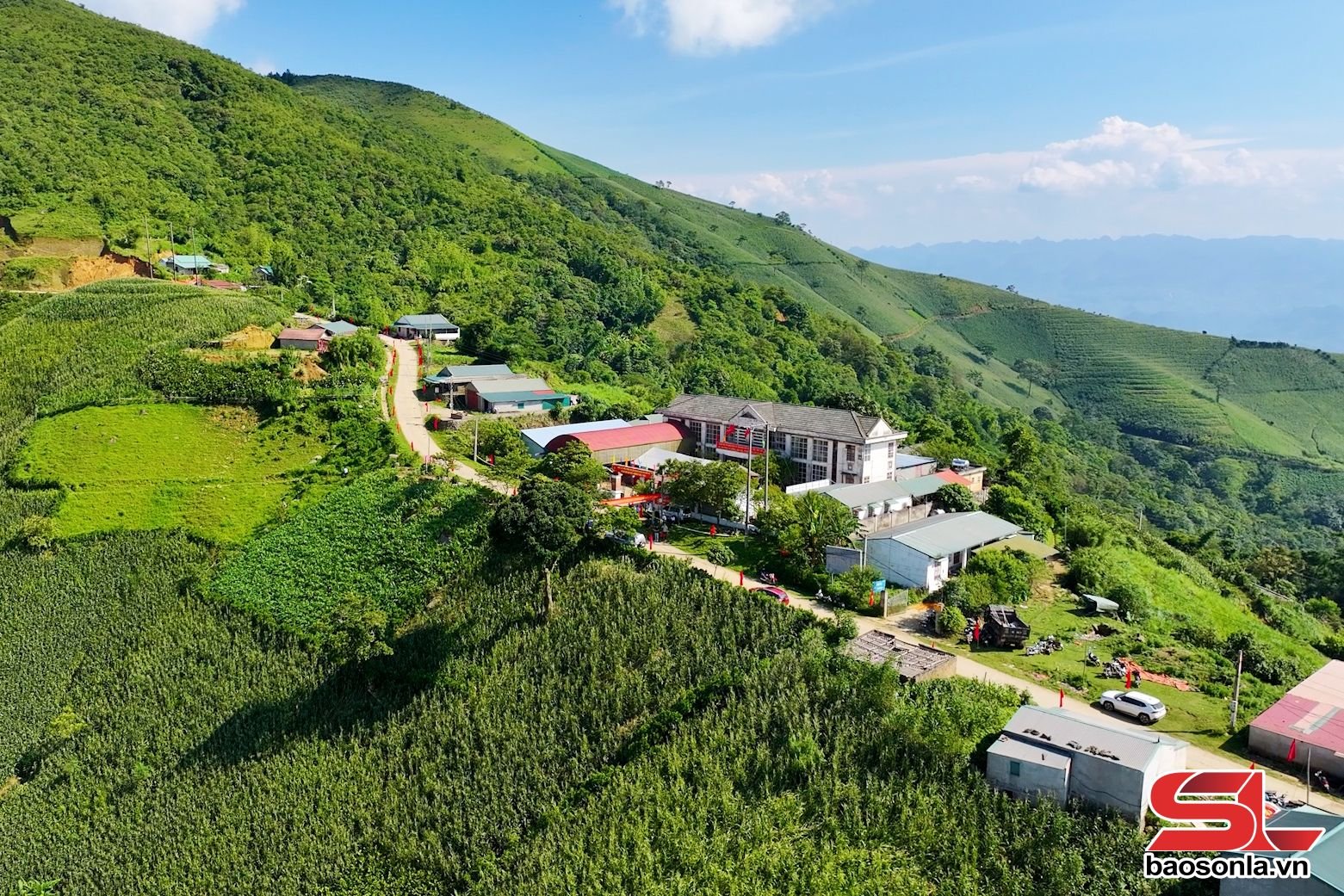
The Department of Finance has requested communes and wards to report on the results of asset handover and receipt, and provide guidance on establishing records to monitor public assets. Localities continue to review and arrange assets according to standards and norms, use them effectively, and report surplus assets; at the same time, prepare records to submit plans for arranging houses and land according to regulations, converting or reusing assets publicly and transparently, ensuring maximum benefits for the state budget.
The arrangement of public assets after the merger is a complex task, requiring close coordination between levels and sectors. Despite many difficulties, Son La is synchronously implementing solutions to effectively, transparently and economically use public assets, contributing to optimizing the budget and better serving the people in the new communes and wards.
Source: https://baosonla.vn/xa-hoi/tap-trung-sap-xep-tai-san-cong-sau-sap-nhap-Vla0h4lNg.html


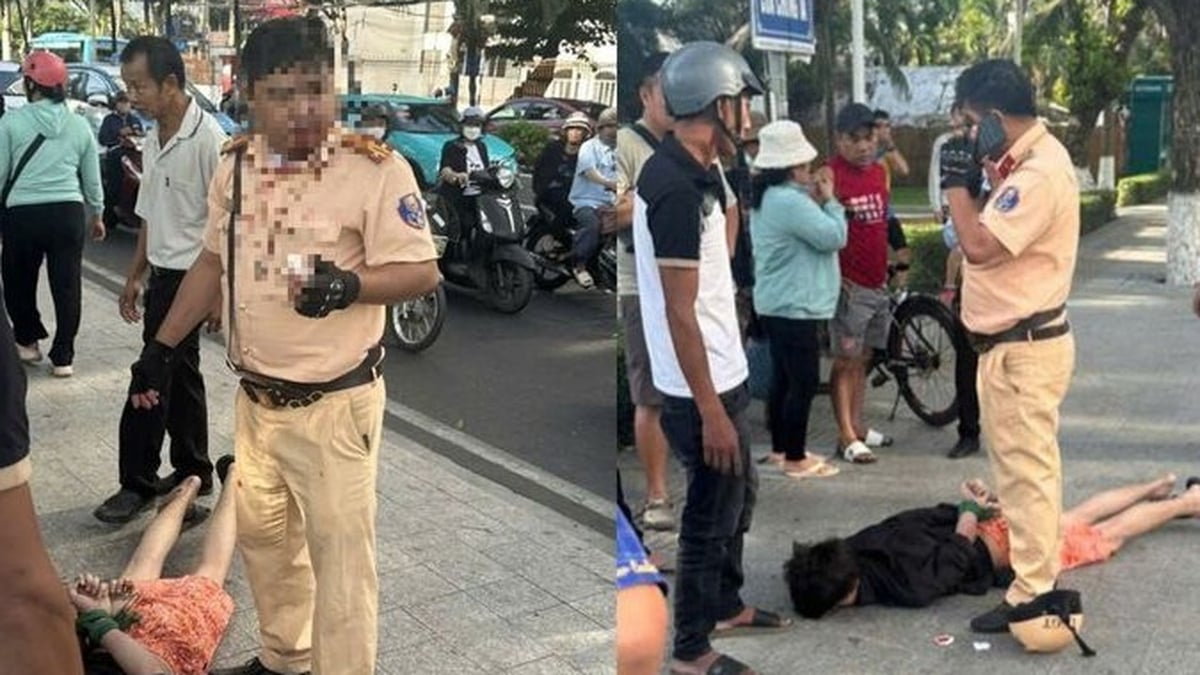







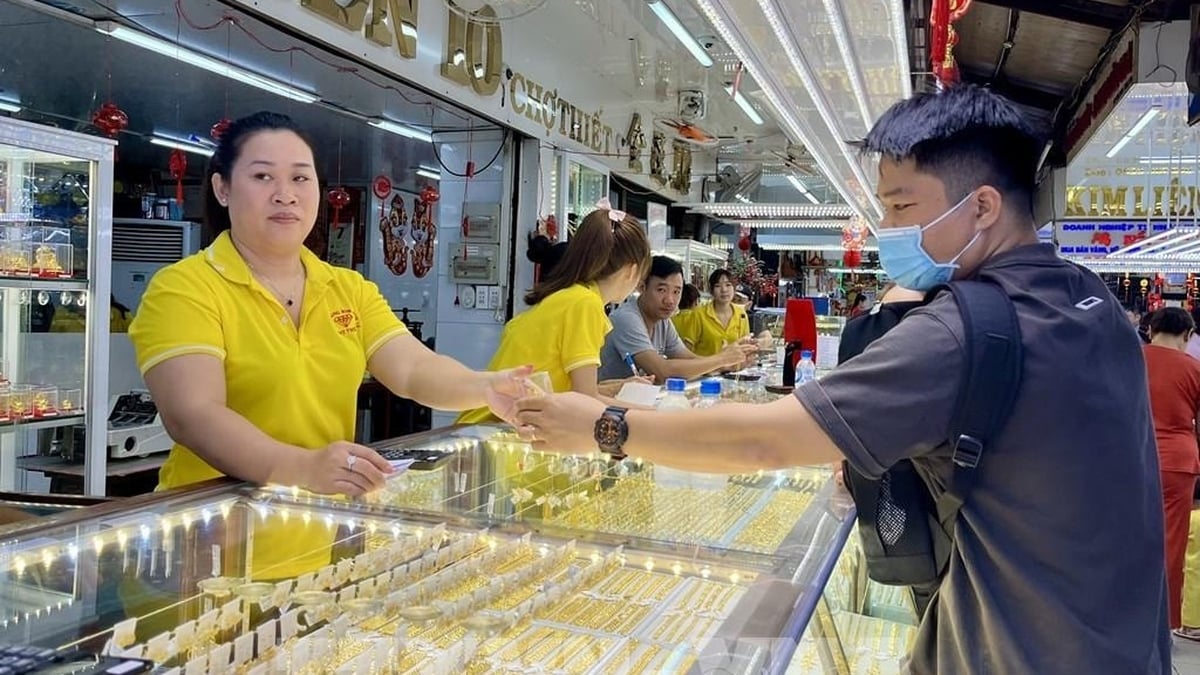



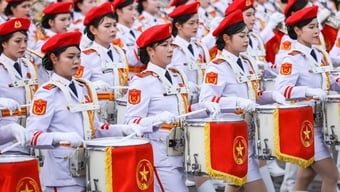








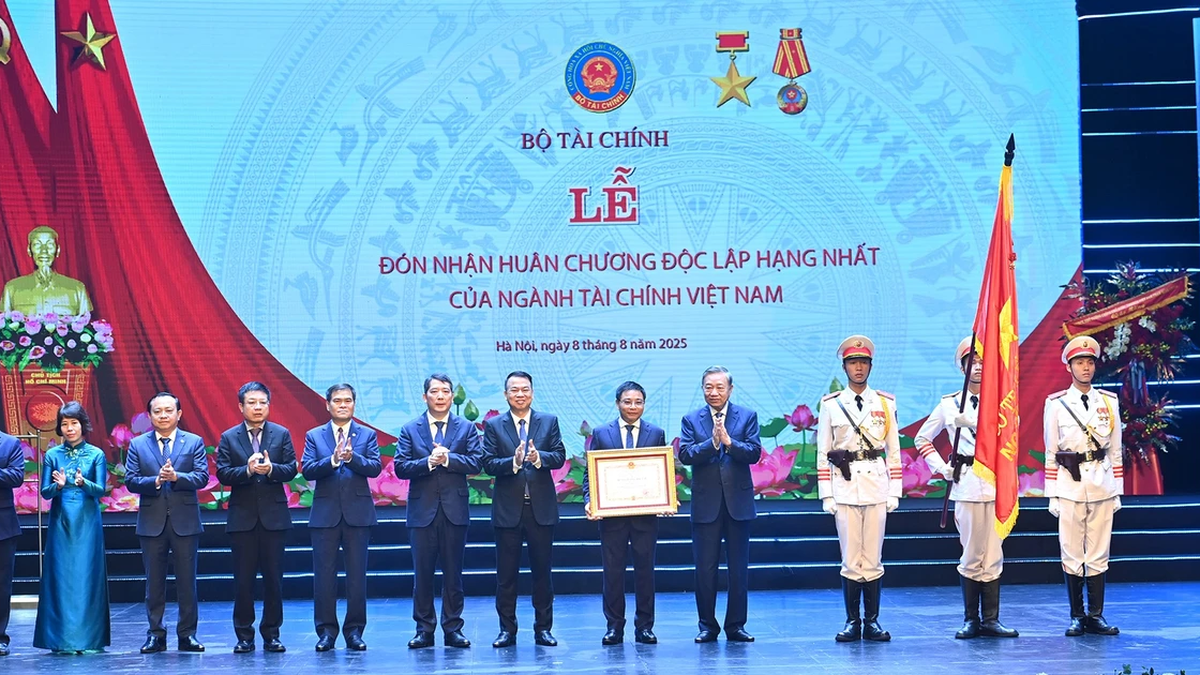
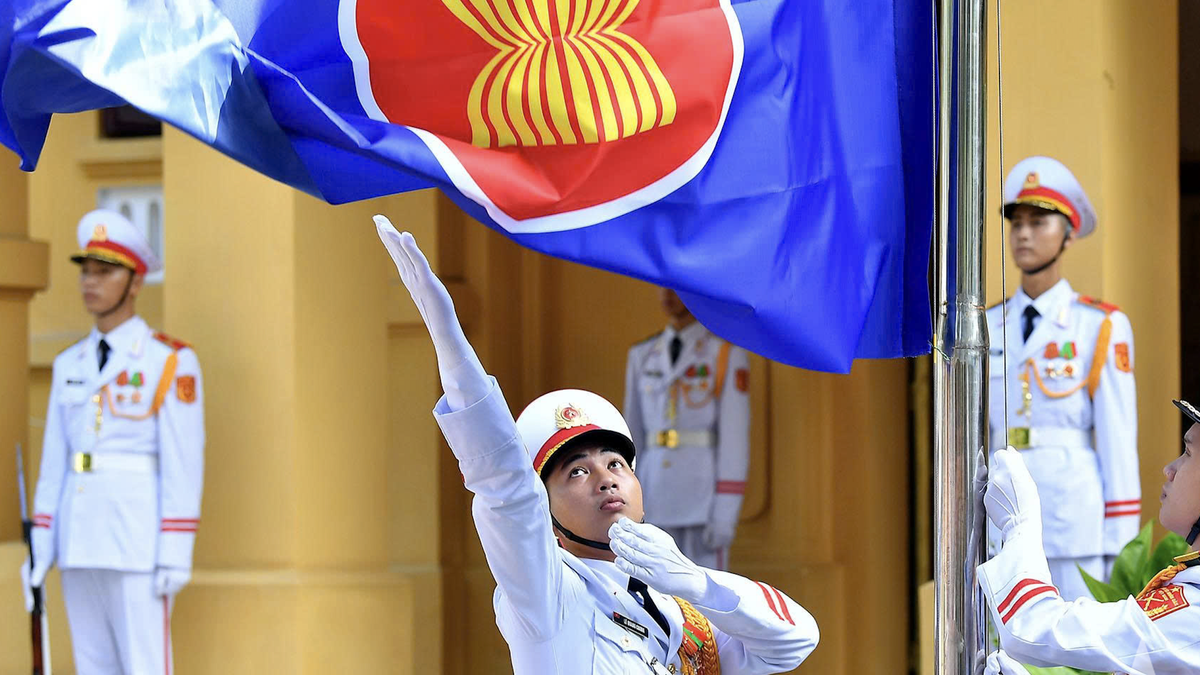

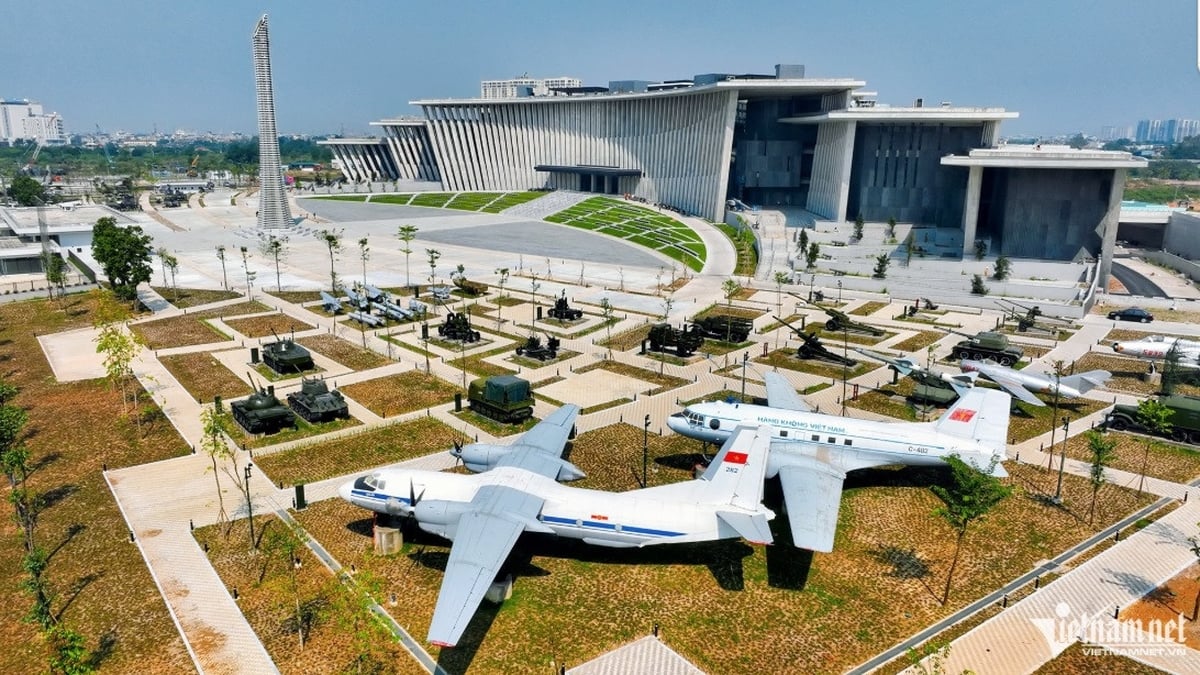
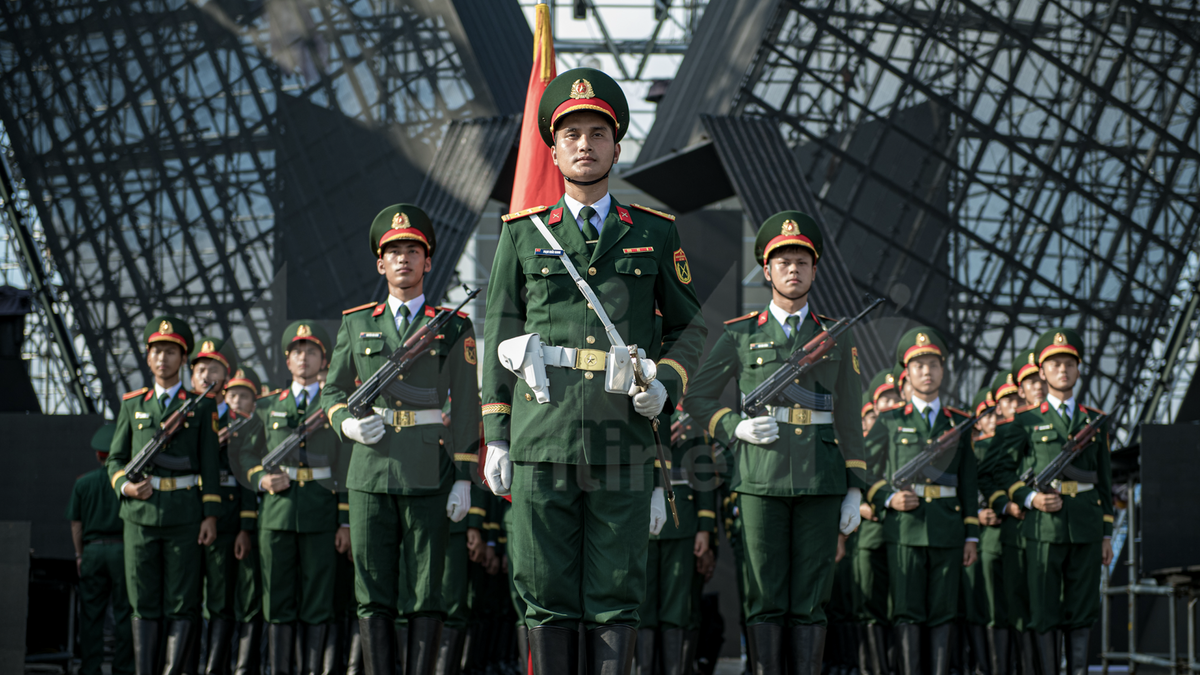
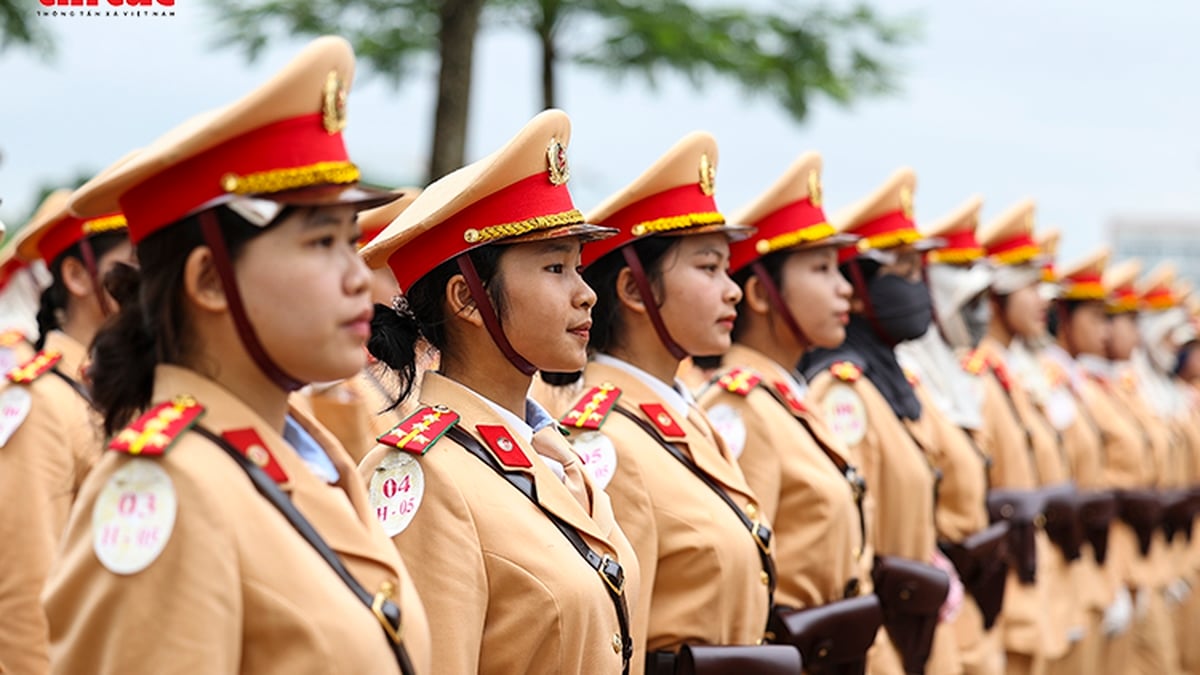

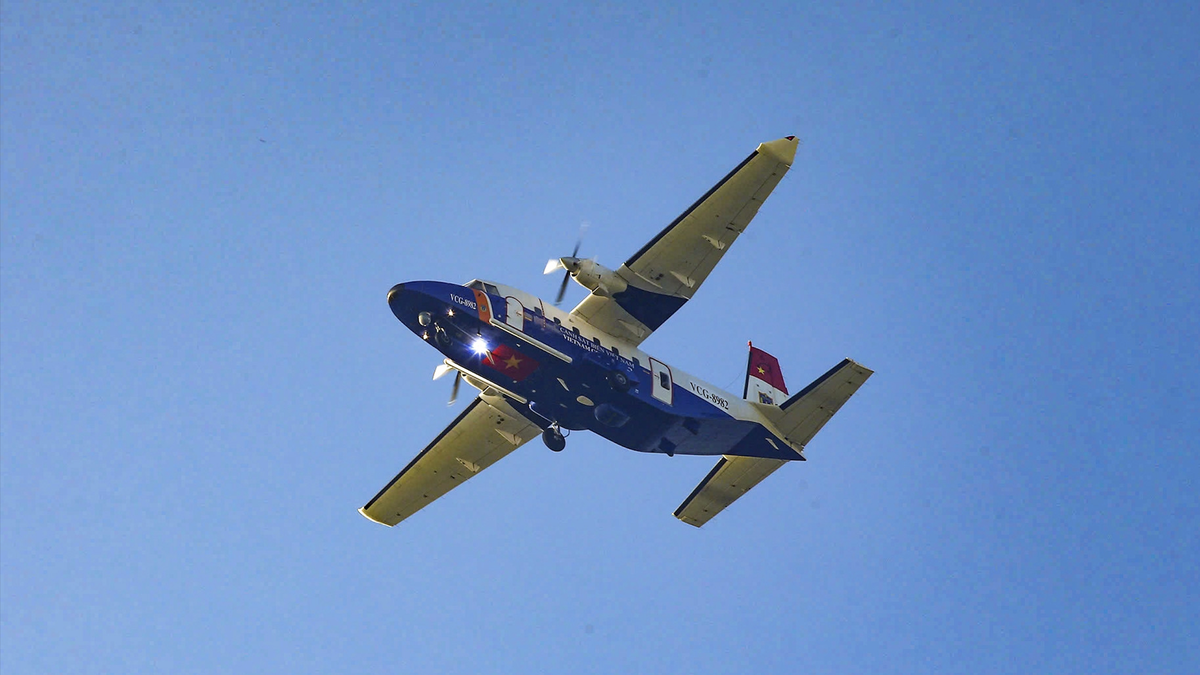
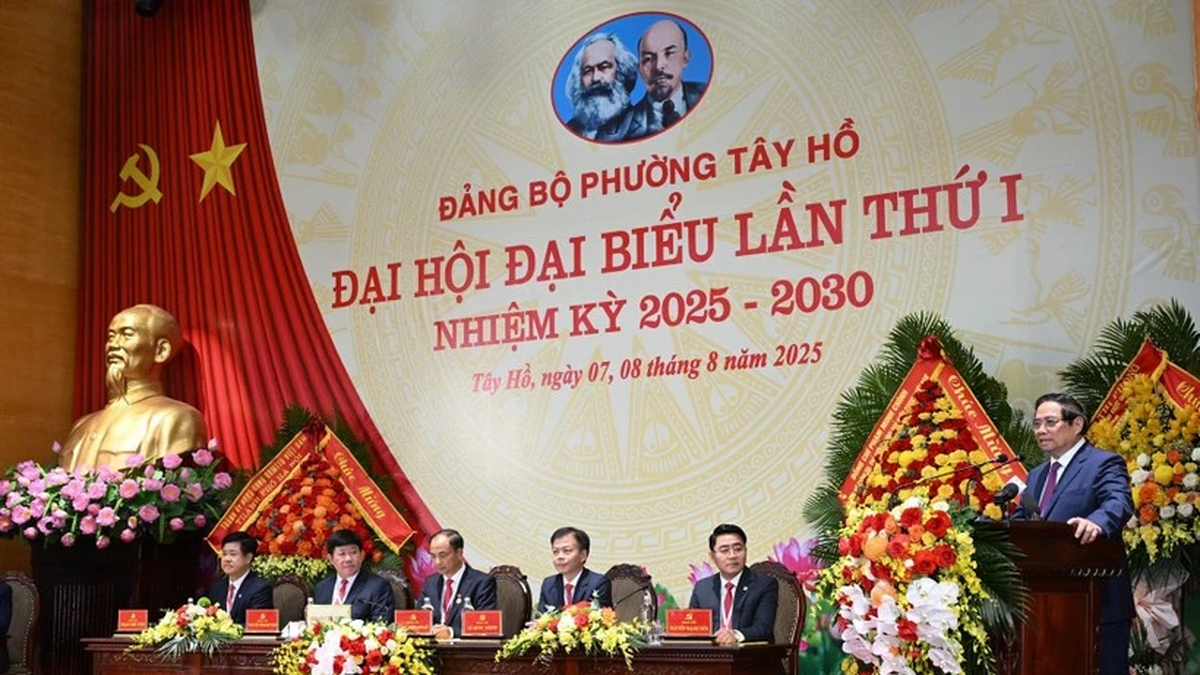
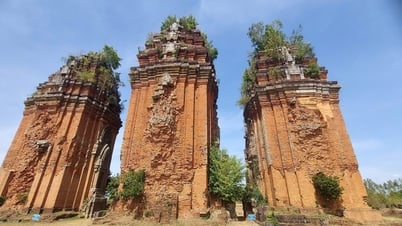

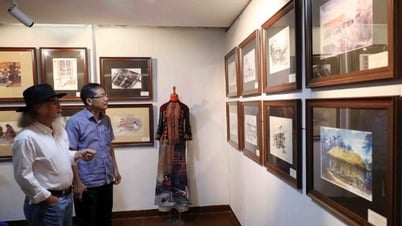

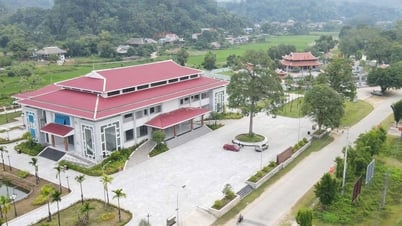

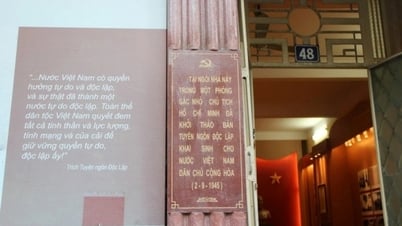

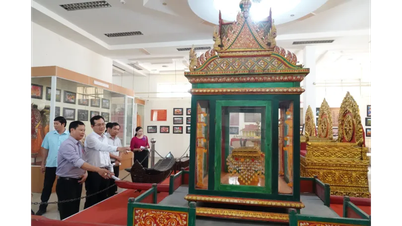



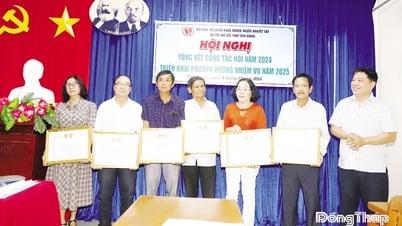



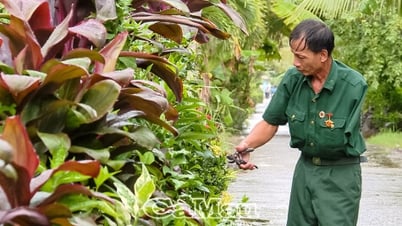









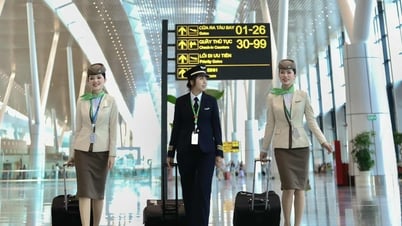


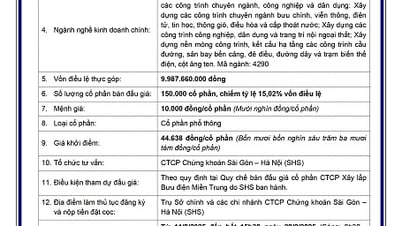
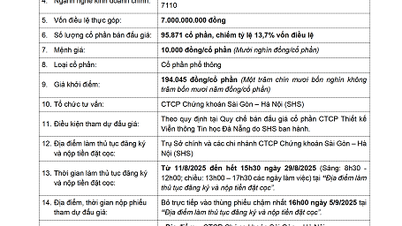



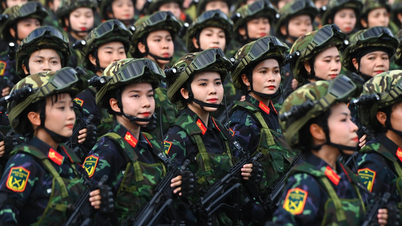




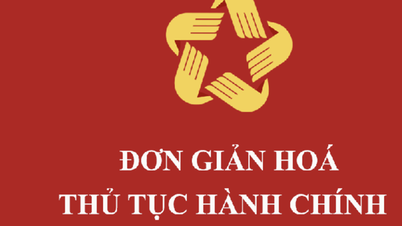
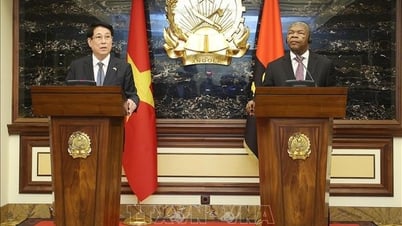

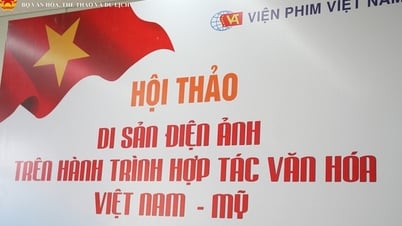


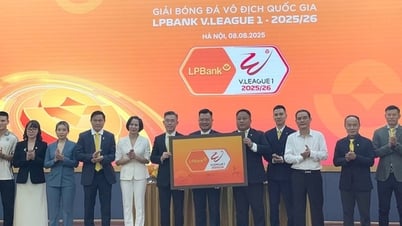


















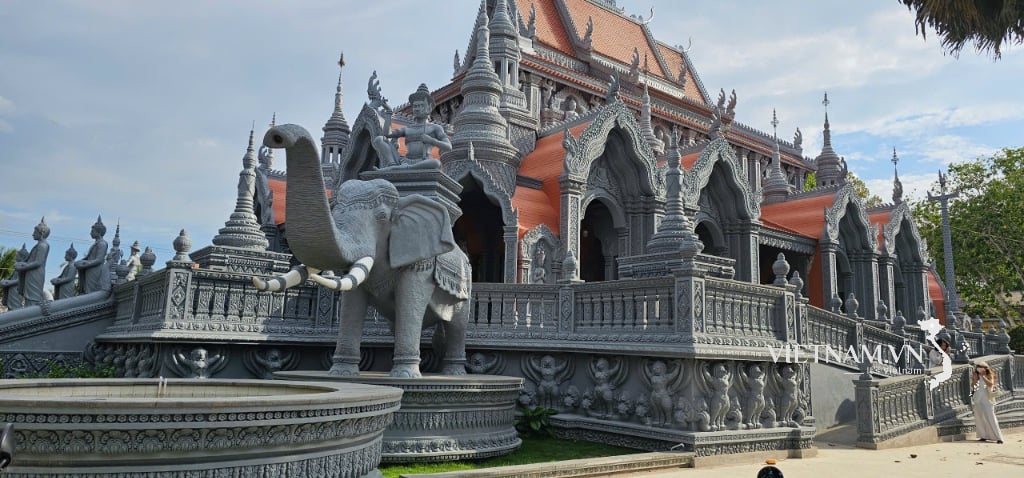


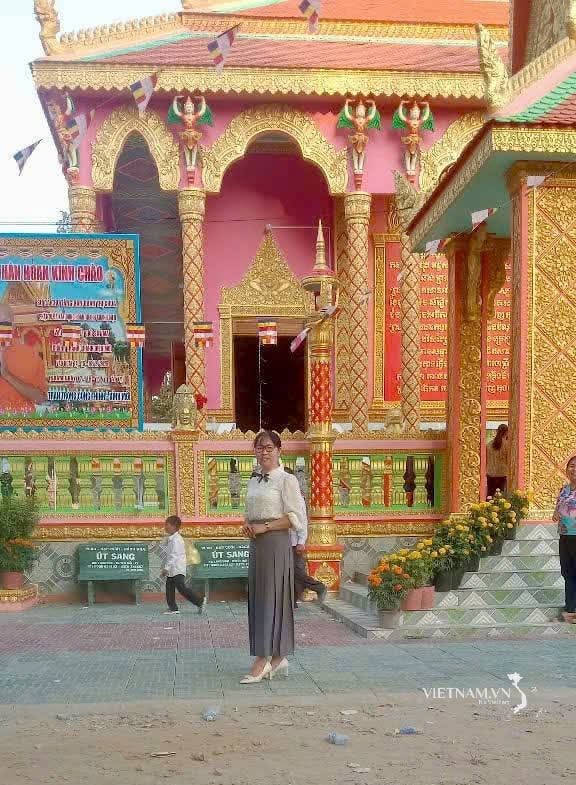
Comment (0)